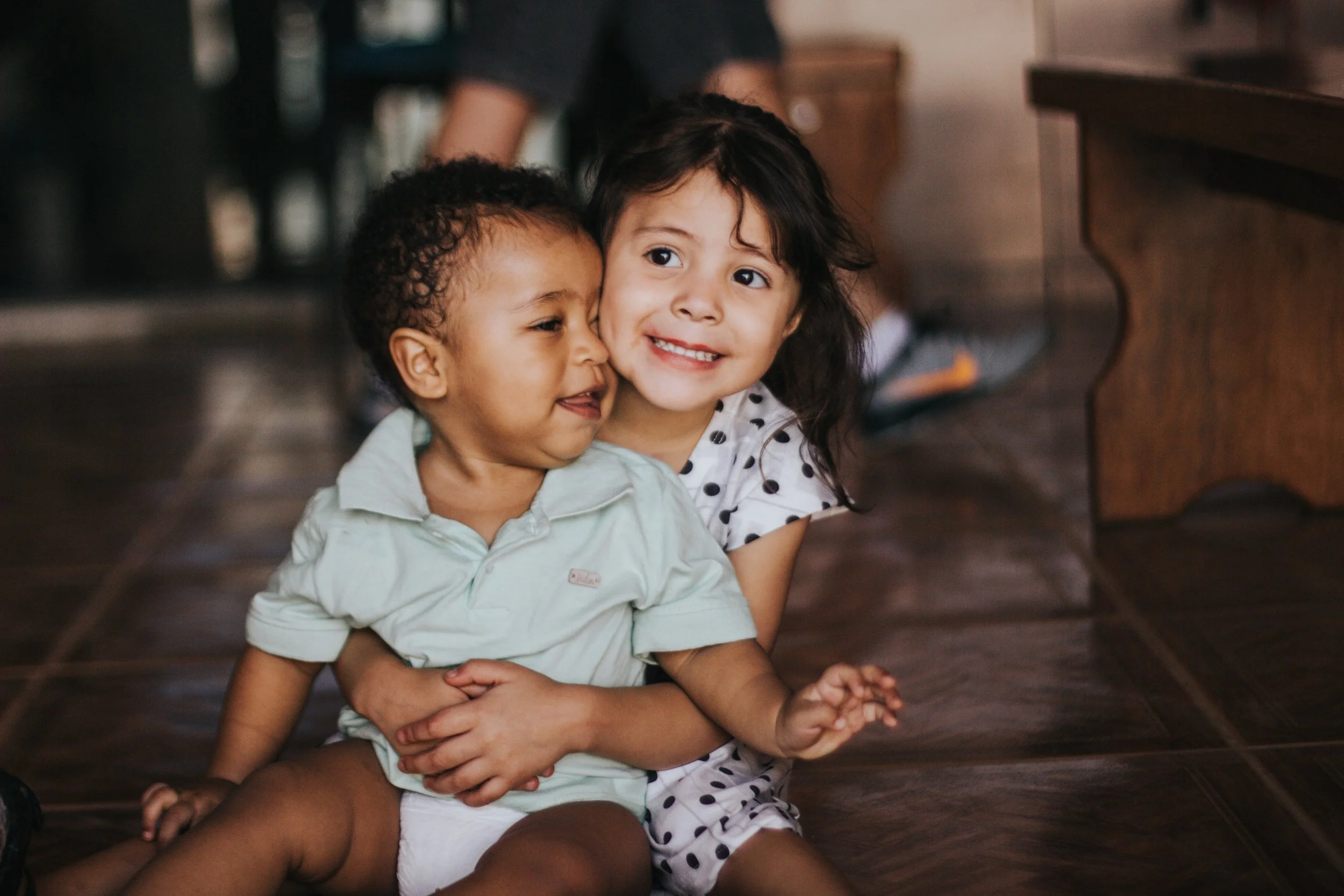
Research shows that your two-year-old may already be noticing race
Should we be talking to our young children about race and racism? When is a good time to start? What do we say? As parents, may of us struggle about the best way to manage such a complex, nuanced topic with our young ones who are just beginning to make sense of the world. How early is too early to start introducing anti-bias and anti-racism?
In short: it’s never to early to start talking about race and racism. Babies take on information about race from a very early age, and young children are wildly observant - they’re already learning about race with or without you, and not raising it doesn’t protect anyone when they’re already involved. The sooner you start, the easier it will be to guide them through.
But how? What do we say? Specific guidance on words to use, books to read, ways to answer tough questions our children ask, what to show our children and what to protect them from, can be useful. So is hearing from multiple perspectives and taking in lots of different stories.
For those of us with babies and toddlers, many of the actions we can take are simple by necessity: seek out books that centre main characters of different racial and ethnic backgrounds, and expose our youngest to a wide variety of stories. The earlier we share the rich and varied nature of people with our young children, the more they grow up recognising that both similarities and differences make us strong—and that there is work to do yet.
For older kids who can start to engage, being open about race, racism, prejudice, and inequality is key: our children’s curiosity and lack of filter can feel so uncomfortable. But shutting it down sends the message that these topics are taboo and not to be talked about.
Here are some resources that might be helpful:
Talking to Children After Racial Incidents, featuring author Howard Stevenson, an expert on racial stress and trauma.
Talking to kids about race, from National Geographic, includes advice for very young children.
Beyond the Golden Rule: A Parent’s Guide to Preventing and Responding to Prejudice, a toolkit from Teaching Tolerance that spans ages 2-17.
Your Age-by-Age Guide to Talking About Race, from 6 months to age 8, from Parents Magazine.
Race Talk: Engaging Young People in Conversations about Race and Racism, from the Anti-Defamation League.
How to Talk About Kids and Race from Brightly, by author and mother Olugbemisola Rhuday-Perkovich, full of studies, citations, and resources.
Even Babies Discriminate: A Nurture Shock Excerpt by Po Bronson and Ashley Merryman.
Study about racial bias in babies from the University of Toronto.
Stages of Racial Identity Development by Louise Derman-Sparks, anti-bias educator.
Racial Identity Development During Childhood, a study by the University of Pennsylvania.
What White Children Need to Know About Race, by Ali Michael and Eleanora Bartoli of NAIS (The National Association of Independent Schools), is about the particular need for white parents to talk to their children about race.
We Need More White Parents to Talk to Their Kids About Race. Especially Now by Chandra White-Cummings.
Teaching Young Children About Race, by Louise Derman-Sparks and Julie Olsen Edwards, is about creating a rich anti-bias environment for children.
From NPR’s Life Kit podcast, Talking Race With Young Children also has a wealth of resources and advice on its episode page.
A large list of other resources from the Center For Racial Justice In Education.
